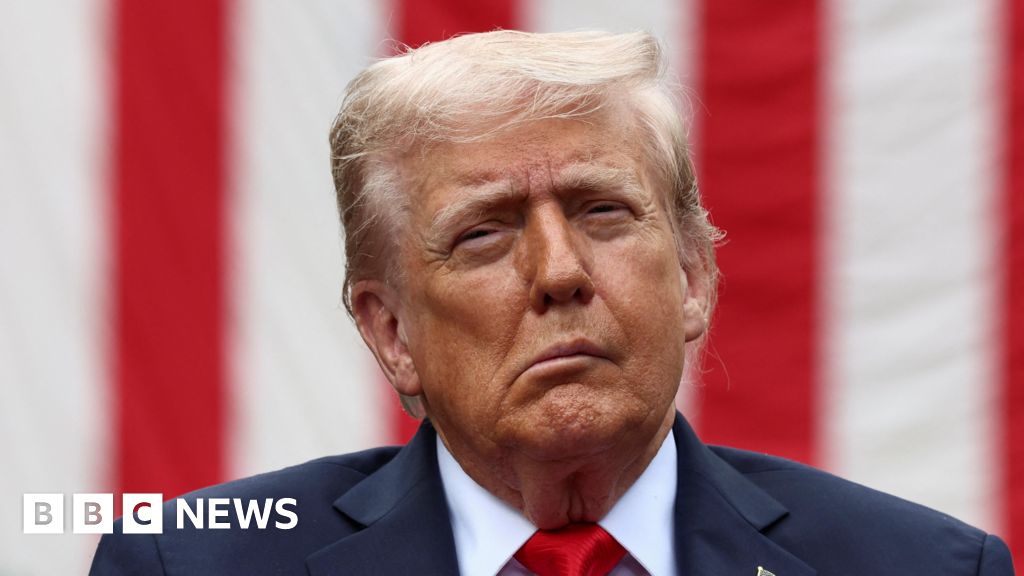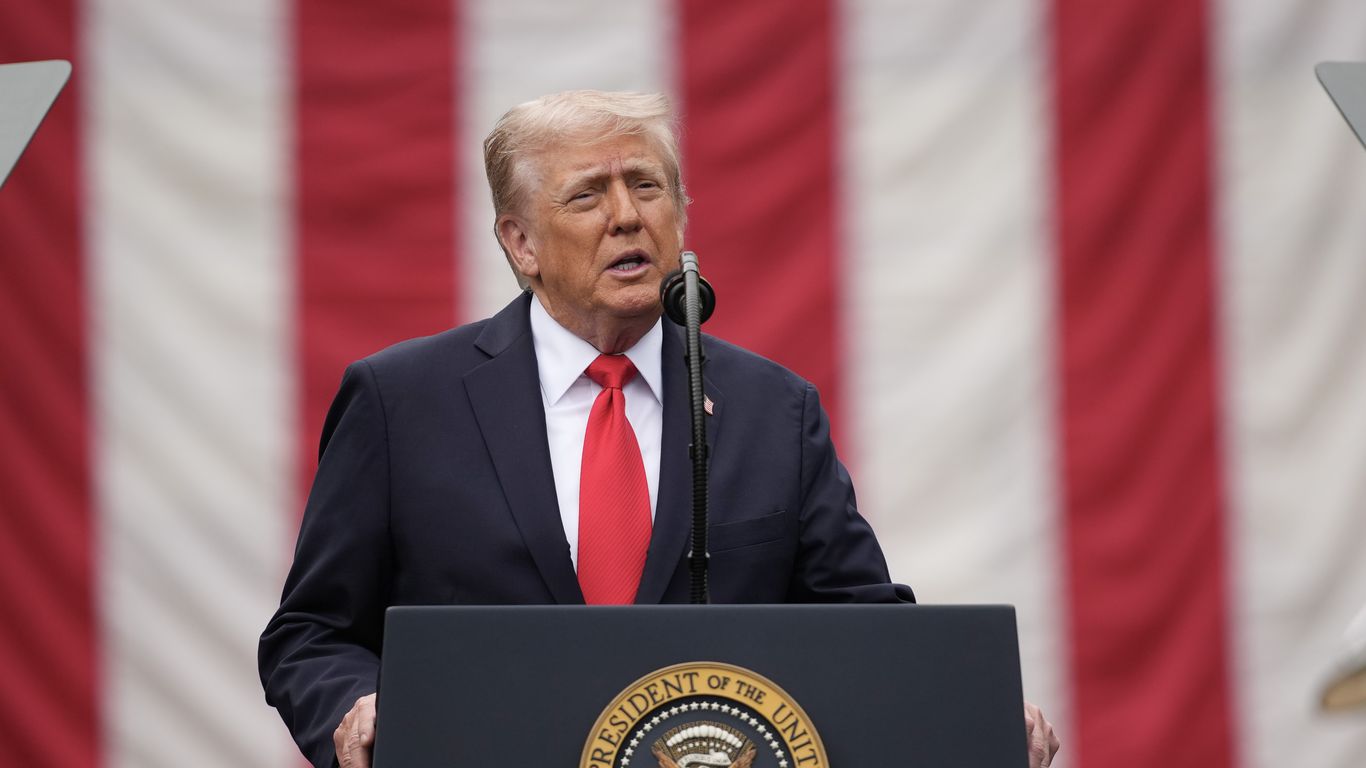The Benefits and Drawbacks of Less Frequent Reporting

Introduction
Recently, President Trump has expressed his desire for companies to report their earnings less frequently. This is a proposal that has been long-awaited by executives, who see the current quarterly reporting system as burdensome and time-consuming. However, there are concerns among financial experts about the potential consequences of this change.
The Benefits and Drawbacks of Less Frequent Reporting
The main argument in favor of less frequent reporting is that it would free up companies' resources, allowing them to focus on long-term strategies rather than short-term gains. Additionally, it could reduce the pressure on companies to meet quarterly earnings expectations, which can sometimes lead to unethical or short-sighted decision-making. On the other hand, some experts worry that less frequent reporting could lead to a lack of transparency and accountability, making it easier for companies to hide poor financial performance.
Potential Implications
If this proposal were to be implemented, it could have significant implications for investors and the stock market. Quarterly earnings reports are an important source of information for investors, and less frequent reporting could make it harder for them to make informed decisions. Additionally, the stock market relies on timely and accurate information, and less frequent reporting could lead to increased volatility and uncertainty. It's important for all parties involved to carefully consider the potential impact of this change.
About the People Mentioned
Donald Trump
Donald John Trump, born June 14, 1946, in Queens, New York, is an American businessman, media personality, and politician. He graduated from the University of Pennsylvania’s Wharton School in 1968 with a degree in economics. In 1971, he took over his family’s real estate business, renaming it the Trump Organization, through which he expanded into building and managing skyscrapers, hotels, casinos, and golf courses. Trump gained widespread fame as the host of the reality TV show *The Apprentice* from 2004 to 2015, which helped establish his public persona as a successful entrepreneur. Trump entered politics as a Republican and was elected the 45th president of the United States, serving from 2017 to 2021. His presidency was marked by significant policy actions including tax cuts, deregulation, the appointment of three Supreme Court justices, renegotiation of trade agreements (notably replacing NAFTA with the USMCA), and a focus on immigration control including border wall expansion. He withdrew the U.S. from international agreements such as the Paris Climate Accord and the Iran nuclear deal, and engaged in a trade war with China. His administration’s response to the COVID-19 pandemic was criticized for downplaying the virus’s severity. Trump was impeached twice by the House of Representatives—first in 2019 for abuse of power and obstruction, and again in 2021 for incitement of insurrection—but was acquitted by the Senate both times. After losing the 2020 election to Joe Biden, Trump challenged the results, culminating in the January 6, 2021, Capitol riot. He remains a central figure in American politics, having won the 2024 presidential election and returned as the 47th president in 2025, continuing to promote policies aimed at economic growth, border security, and military strength[1][2][3][4].















